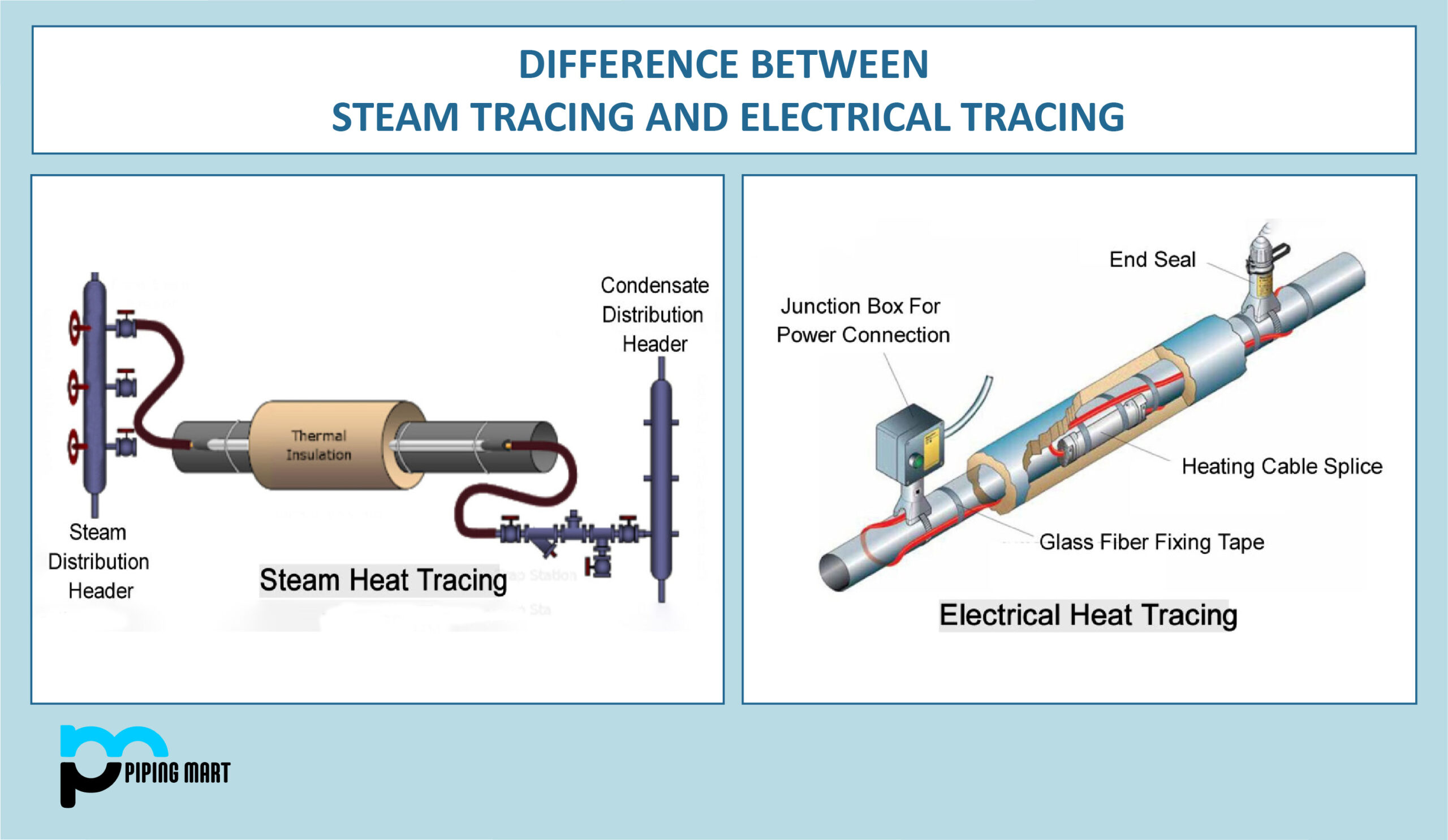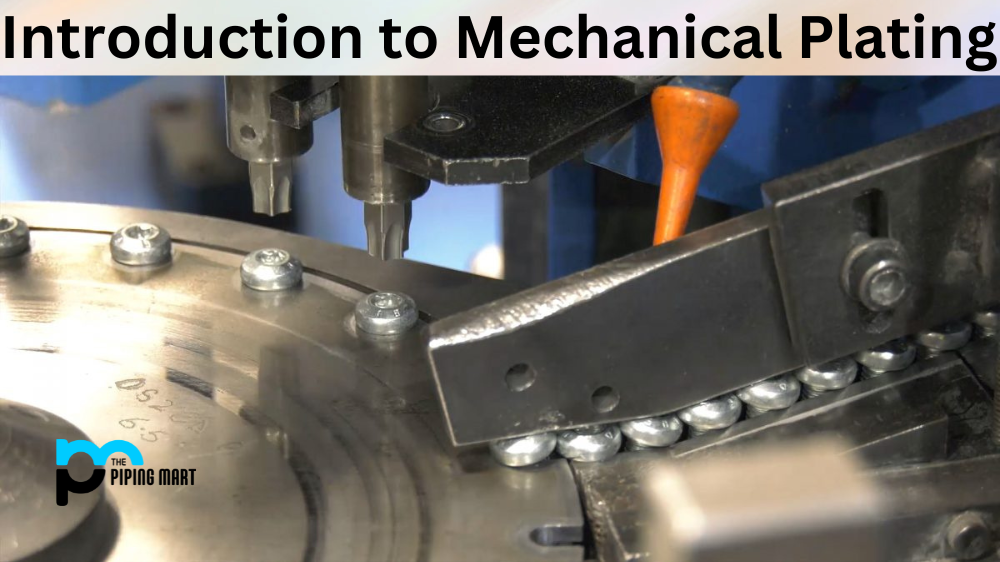Lathe machines are essential for many businesses, from small shops to extensive manufacturing facilities. They are used to shape and form various materials into desired shapes and sizes. But what exactly is a lathe machine, and what advantages and disadvantages does it provide? Let’s take a look.
How Does It Work?
A lathe machine is a precision cutting tool that rotates the material to be worked on while a cutting tool is held against it. The cutting tool can then be moved parallel or at an angle to the axis of the rotating material to cut away certain portions. This allows for precise shaping and forming of the material with great accuracy. The lathe machine can also cut threads into parts and perform knurling operations, allowing even more versatility in its applications.
Advantages of Lathe Machines
The most significant advantage of using a lathe machine is that it can produce parts with great accuracy at high speeds. This helps reduce production times significantly, which in turn saves time and money for businesses. Additionally, machines can produce complex parts quickly without sacrificing accuracy or quality, thanks to the ability to cut threads into parts. Finally, because they are relatively easy to operate, they require minimal training, which makes them perfect for small businesses with limited resources.
Increased Productivity
One of the primary advantages of lathe machines is that they can help to increase productivity. This is because lathe machines are designed to perform various tasks, including cutting, sanding, and drilling. As a result, lathe operators can complete tasks more quickly and efficiently than hand tools.
Greater Accuracy
Another advantage of lathe machines is that they can provide greater accuracy than hand tools. This is because lathe machines allow for more precise cuts and drilling, which can help to improve the quality of the finished product.
Increased Safety
Lathe machines can also help to increase safety in the workplace. This is because lathe machines are designed to minimize the risk of injuries by reducing the need for workers to handle sharp tools. Additionally, lathe machines are equipped with safety features that can help to prevent accidents.
Reduced Costs
Lathe machines can also help to reduce costs in the workplace. This is because lathe machines are designed to be more efficient than hand tools, which can reduce the amount of time and materials needed to complete a task. Additionally, lathe machines require less maintenance than hand tools, which can reduce costs further.
Improved Quality
Finally, lathe machines can also help to improve the quality of the finished product. This is because lathe machines allow for more precise cuts and drilling, which can help improve the finished product’s overall appearance and function.
Disadvantages of Lathe Machines
The main disadvantage of using a lathe machine is that it requires frequent maintenance due to its high precision. This means regular cleaning and oiling must be done to continue working properly. Additionally, these machines tend to be quite expensive due to their high-precision nature—making them less attractive for smaller businesses that may not have access to the necessary funds needed for purchase or upkeep costs.
High Initial Cost
One of the biggest disadvantages of lathe machines is the high initial cost. Lathe machines can be very expensive, and if you are starting a business or need one for a personal project, the cost can be prohibitive.
Requires Skilled Operators
Another disadvantage of lathe machines is that they require skilled operators. While lathes are not difficult to operate, they have a learning curve. If you do not have someone on staff who is experienced with operating a lathe, you will likely need to hire someone or take the time to learn how to operate the machine yourself.
Limited Applications
Lathe machines also have limited applications. While they are very versatile and can be used for various projects, there are some things they cannot do if you have a specific project in mind, research whether or not a lathe machine can complete it before making your purchase.
Can Be Dangerous
Lathe machines can also be dangerous if they are not used properly. Because lathes use rotating parts, there is a risk of injury if the operator is not careful. Be sure to read the safety instructions with your lathe machine and take all necessary precautions when using it.
Requires Regular Maintenance
Finally, lathe machines require regular maintenance to function correctly. If you keep up with the maintenance schedule for your machine, it could break down and become usable.
Conclusion:
Lathe machines are handy tools for quickly and efficiently producing accurate parts—especially in manufacturing environments where time is an especially important factor when considering cost savings. However, like any other tool or piece of equipment, there are advantages and disadvantages that must be taken into account before investing in one—including cost considerations and regular maintenance requirements to keep the machine working properly over time. By weighing all factors carefully before making any decisions, business owners can ensure they make the best choice possible when deciding whether a lathe machine would benefit their business.

Meet Bhavesh, a seasoned blogger with a wealth of knowledge and experience. From metal products manufacturing to retail, Bhavesh has a diverse background in various industries and is dedicated to sharing his insights and expertise with readers.




